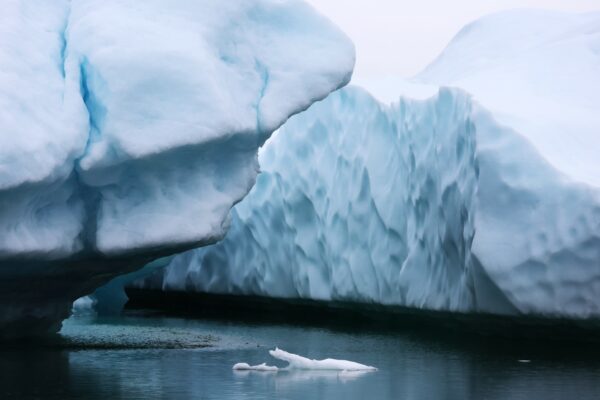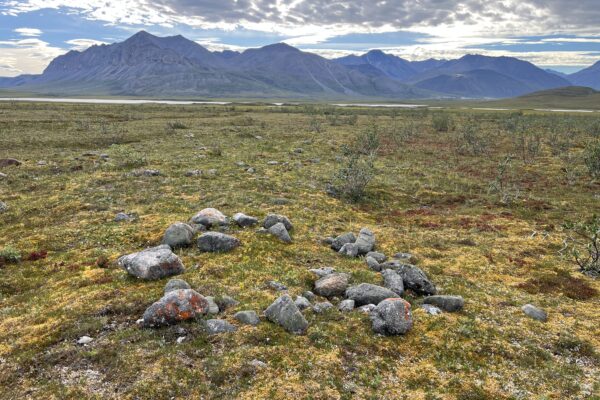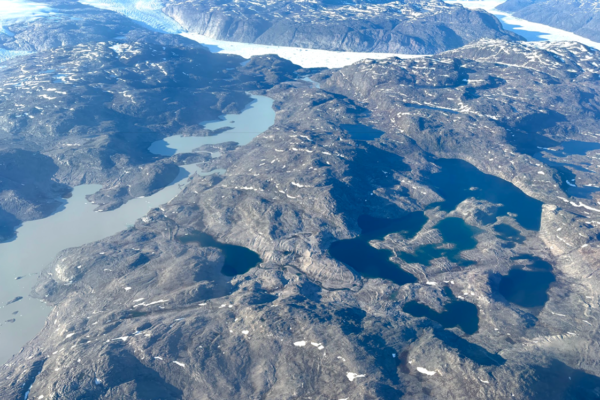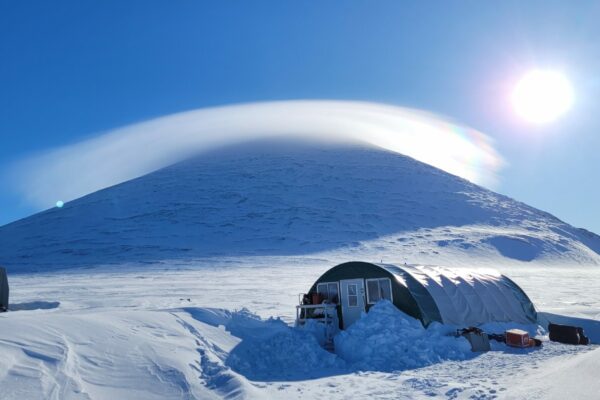Tomorrow is a day I have been looking forward to for a while: Raphi and I will going to the Gornergletscher to conduct a ground-penetrating radar (GPR) survey with our AIRETH system. AIRETH is a helicopter-borne GPR platform that we re-designed in the frame of an SPI Technogrant funded by […]
Read MoreArticles by: Jelena Ristic
Exploring microbial interactions with greenhouse gases in the changing glacial landscapes of Greenland – Grace Marsh
The flight into Greenland leaves a strong impression. Everyone in the small red plane is leaning towards the windows to stare at the expanse of white below. For a moment you think it must be clouds stretching to the horizon, but then you see the small details, a mountain peak, […]
Read MoreSPI Flagship Initiatives: the 2025 call is open
The second call for proposals for SPI Flagship Initiatives is now open and starts with the call for pre-proposals to be submitted by 30 April 2025. Two info events will be held online on 6 and 11 February to provide an overview of the call’s process and eligibility criteria. The SPI Flagship Initiatives programme aims […]
Read MorePrix de Quervain 2025
The call for the Prix de Quervain is now open and this year’s prize will be awarded to outstanding research on topics relating to high altitude. The funding organisations are the Swiss Committee on Polar and High Altitude Research (SKPH), the Commission for the Research Station on Jungfraujoch (SKHFJ), and the Swiss […]
Read MoreFrom the Alps to Antarctica via the Southern Ocean with the Swiss Polar Class Festival
On 30 November, the Swiss Polar Class Festival embarked around 500 visitors on a journey of discovery of polar regions for the second year running. This year’s novelty was the inaugural day dedicated to primary schools. Nine classes from Valais contributed to the content of the festival with their creations […]
Read MoreALANA: Arctic landscape archaeology in Northern Alaska – Noah Steuri
The ALANA project, based at the University of Bern’s Humanities in Arctic Research platform focuses on uncovering prehistoric human-environment interactions in Alaska’s Brooks Range mountains. It is supported by the Swiss Polar Institute’s Polar Access Fund and its main local archaeological partners are the University of Alaska Fairbanks UAF and […]
Read More21st-century plant monitoring in Cambridge Bay – Jakob Assmann
Wide open skies, colourful flowers, and stillness all represent the Arctic tundra to me, but the tundra can also be harsh and unforgiving. Difficult logistics, the cold, and mosquitoes are just a few factors that can make botanical fieldwork a real challenge in the North, not to mention the tiny […]
Read MoreThe evolutionary assembly of lake ecosystems in Southern Greenland – Blake Matthews
Exploring the lakes of Southern Greenland has been the most professionally joyful time of my career as an evolutionary ecologist. Yearly trips over the past 6 years (with the exception of 2020!) have been a continual source of scientific inspiration. In 2024, the Swiss Polar Institute (SPI) funded an Exploratory […]
Read MoreThe Polar Access Fund 2025 call is open!
The Polar Access Fund focuses on early-career researchers who plan to undertake an initial field trip to a polar region or a remote high-altitude area. The research conducted during the field trip must be inserted into an existing overarching project (e.g. to enlarge its scope or for comparisons) and be related to […]
Read More







